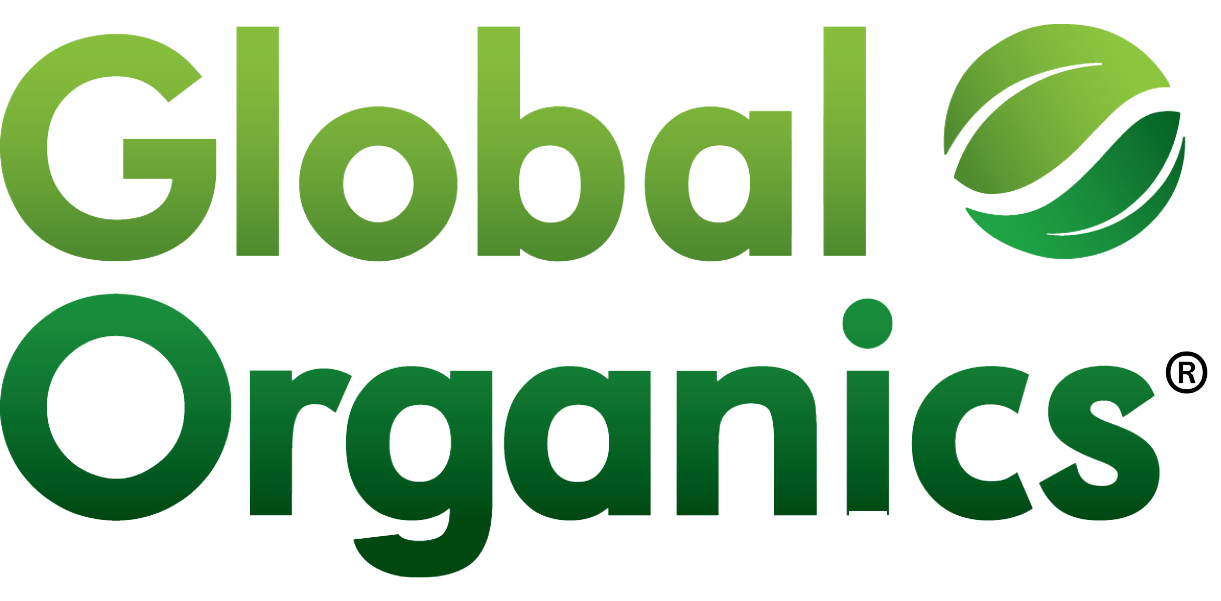WholeFoods Magazine
Author: Jennifer Joseph
Of course, as interest in sustainability has grown, so too have gimmicky marketing tactics, and it’s important for retailers to be able to distill out false claims and prioritize brands that are really making an impact. “Greenwashing is a real concern for the industry,” cautions Andrew Martino, Senior Category Manager, Sugar & Sweeteners, Global Organics. “There has to be a commitment that when you say something is ethically sourced, that it’s going to be produced with respect for the stakeholders in the environment and not just a meaningless certification to improve consumer perception. At Global Organics, we’re not just a documentation company, in that we don’t take a document at face value. We visit our suppliers and look at the authenticity of the work that is actually happening at the ground level. Choosing the right suppliers is the place to start, but beyond that you must validate by actually seeing what is happening in person.”
Stocking products that carry certain certifications is one way retailers can show their commitment to sustainability. “For people who are focused on nutritious food that’s produced in an environmentally responsible way, regenerative organic is the gold standard,” says Aaron Iverson, National Sales Manager, U.S. and Canada, Global Organics. “The Regenerative Organic Certification (ROC) builds upon the USDA Certified Organic standard and incorporates criteria for regenerative organic agriculture. ROC focuses on soil health, animal welfare, and fair treatment of farmworkers.”


